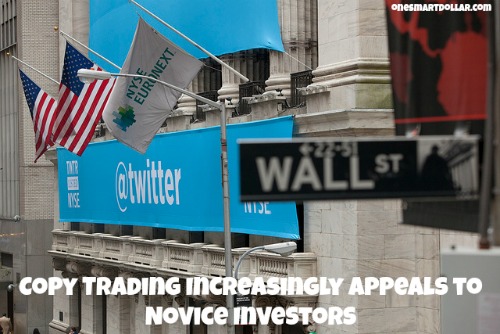
The number of so-called copy trading platforms continues to rise, with these startups saying they can give ordinary people the opportunity to make the sort of high returns once reserved for hedge funds and expert investors.
With such online platforms, individual retail investors are able to directly copy the buying and selling patterns of proven, successful traders. Rather than relying on analysis from investment banks and financial advisors, users rely on data patterns and the actions of other traders when deciding where to invest their money.
Copy trading platforms are part of the growing social trading phenomenon, and exist for the trading of equities, currencies and other assets.
On some copy-trading platforms, investors actually buy a share in one or more traders’ strategies, with their money copying the moves of the trader. These shares essentially create a new asset class. But rather than owning small parts of many equities, like an exchange-traded fund, the investor actually owns shares in the traders and mirrors these traders’ gains and losses.
Buying shares in multiple traders or indexes of traders minimizes risk, according to these platform.
“There are traders who are better than your bank and financial advisor but you can’t invest in any of them.” Juan Colon, co-founder and CEO of Darwinex, a social trading platform, recently told CNBC. “We are here to turn those guys into an asset class you can then buy and whenever they win you make money along with them.”
Copy trading is gaining a following worldwide, causing some to compare it to the trend of day trading that emerged among ordinary investors in the late 1990s, when a modem connection and online stock trading platforms first allowed the buying and selling of stocks without a broker.
Also Read: How to Build a Dividend Growth Portfolio For Growing Retirement Income
Those who follow the industry say there is a huge number of people nervous about investing, who can use copy-trading platforms to piggyback on the moves of experienced investors, and feel more confident entering the market.
Younger investors are also eager for online options that they can track themselves, industry leaders say.
“Generation X and Y are gaining more and more control over their money and they are interested in making more of their own decisions and using more online and social platforms,” Yoni Assia, chief executive of eToro, a leading social trading platform, recently told CNBC. “This is only the beginning of the internet finance revolution.”
